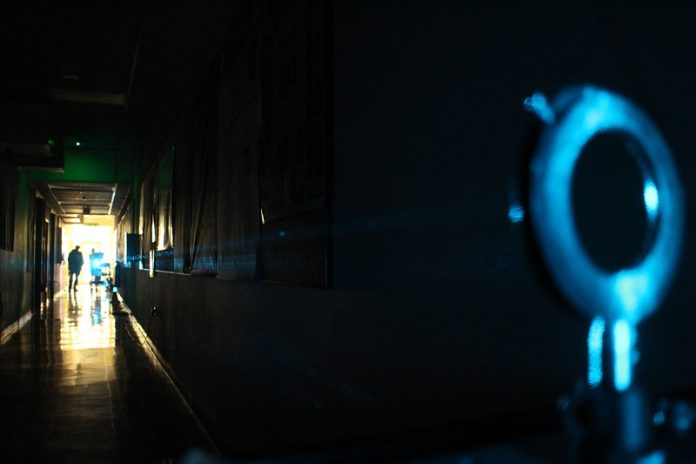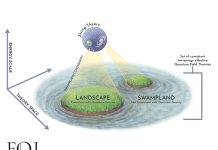
Imagine you’re trying to listen to your favorite radio station, but you’re having a hard time getting a good signal because your antenna isn’t working well.
Well, some smart scientists from the University of Otago have come up with a cool solution.
They’ve made a new kind of antenna that uses a small glass bulb, atoms, and lasers!
Dr. Susi Otto, who’s part of a special group that works on light and quantum technologies, was in charge of testing this new gadget.
They even wrote about it in a science magazine called Applied Physics Letters.
So, how does this “magic bulb” work?
Inside the bulb, there are some atoms in a special state called the “Rydberg state.” When atoms are in this state, they become super sensitive to radio waves. This makes the bulb a perfect antenna for catching these waves.
What’s even more amazing is that this new antenna is better than the ones we use today! It’s super sensitive, can be set to many different radio frequencies, and it’s tiny.
This means it could be very useful for soldiers or people in remote areas. Instead of carrying around many different antennas for different radio frequencies, they could just use this one bulb!
And here’s another cool thing: most antennas have metal parts, but metals can sometimes mess with the radio signals. This new antenna doesn’t need any metal parts because it uses lasers instead of electric cables. So, it can give a clearer and better signal.
The team at Otago has also made this new antenna portable. That means it can be taken anywhere, not just used in a science lab. They tested it outside and found that it worked really well, even from 30 meters away.
The scientists hope that this new technology will make these special quantum sensors cheaper and stronger. This could mean we’ll start seeing them in everyday things soon!
So, next time you’re struggling with a radio signal, just remember that there might soon be a “magic bulb” to help you out!
Follow us on Twitter for more articles about this topic.



